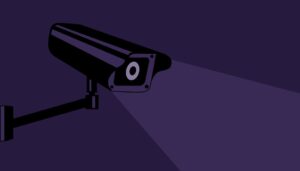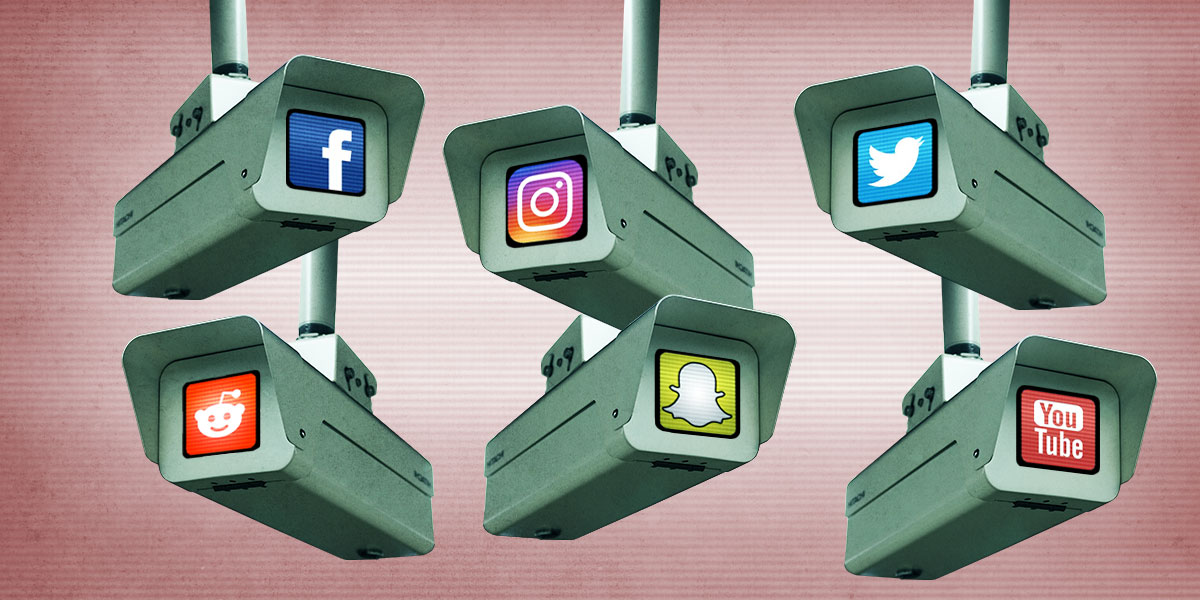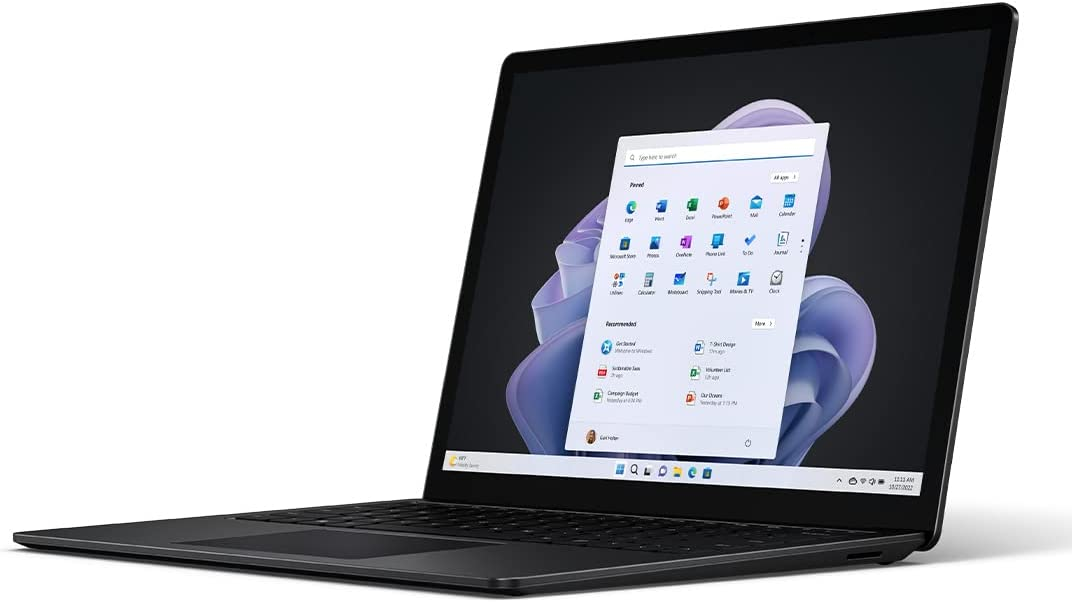The Online Safety Bill is a proposed legislation in the UK that aims to protect users from harmful online content and behaviour. The bill would give the government and regulators more power to enforce rules on online platforms, such as social media, messaging apps, and search engines. The bill would also introduce new duties of care for online service providers, requiring them to take reasonable steps to prevent or remove illegal or harmful content from their platforms.




